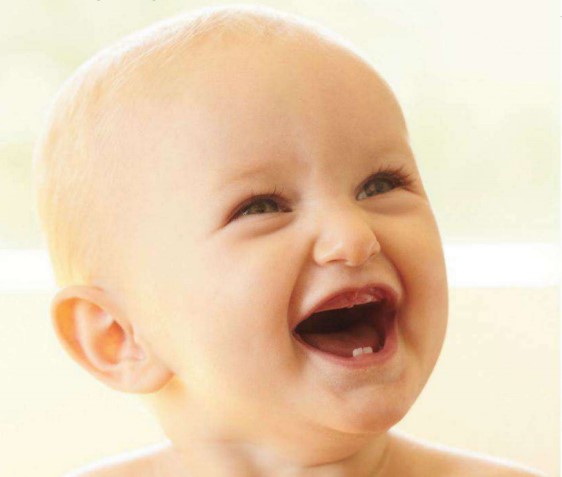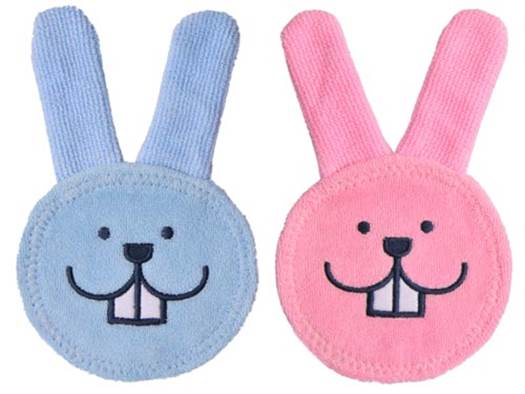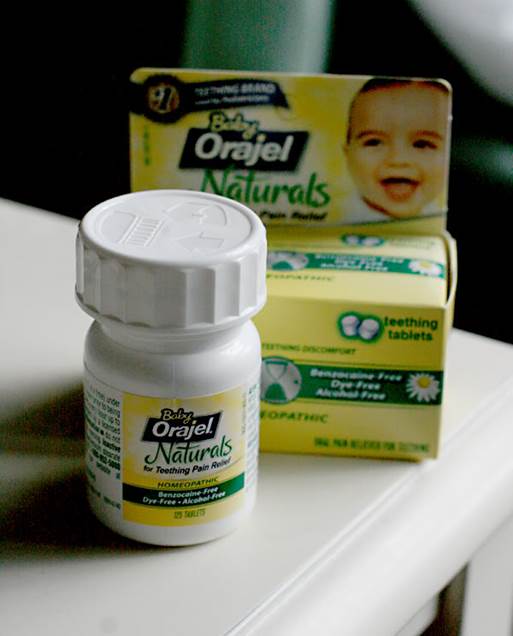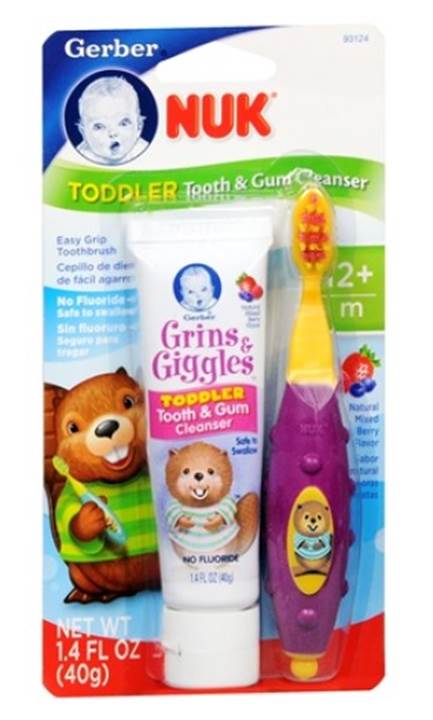By the time your child is 5, more than 30
percent of his classmates will have tooth decay, which can be well advanced
even by age 3. "Early preventative care is the key to keeping your baby
cavity-free," says Elizabeth A. Shick, D.D.S., M.P.H., assistant professor
of pediatric dentistry at the University of Colorado, Denver School of Dental
Medicine. Because the bacteria that cause cavities are transmitted to babies'
mouths via the saliva of caregivers, parents and siblings, you should avoid
sharing utensils and cups with your baby, and never "clean" a
pacifier with your mouth. Foster a toothy grin with these tips:

How
to protect your baby's budding bite
Keep bacteria at bay
Before the first tooth erupts, wipe your
baby's gums with a wet washcloth after every feeding. Try: The Mam Oral Care
Rabbit features soft rabbit "ears" that fit over your fingers so you
can gently remove bacteria. ($6, mambaby.com)

The
Mam Oral Care Rabbit
Soothe sore gums
You can alleviate pain with teething rings,
cold spoons, a cold wet washcloth or even a clean finger. If you choose a
teething product, reach for one that doesn't contain the local anesthetic
benzocaine; the Food and Drug Administration recommends that parents not choose
benzocaine products for children younger than 2 years old as its use can lead
to Methemoglobinemia, a rare but serious disorder in which the amount of oxygen
in the blood stream is greatly reduced. Try: Homeopathic Baby Orajel Naturals
Quick Dissolve Teething Tablets are free of benzocaine, dyes and parabens. ($7,
walgreens.com)

Homeopathic
Baby Orajel Naturals Quick Dissolve Teething Tablets
Brush early
Starting with the first tooth, begin a
twice-daily routine using a soft infant brush. Try: Place the rubber bristles
of the NUK Grins & Giggles Infant Tooth & Gum Cleanser on your
fingertip to "brush" your baby's teeth. ($6, nuk-usa.com)

NUK
Grins & Giggles Infant Tooth & Gum